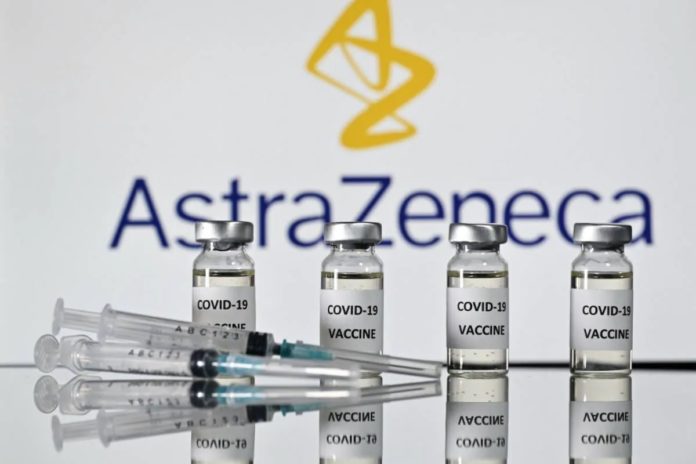New Delhi, May 1: In response to growing concerns over rare side effects associated with its Covid-19 vaccines, Covishield and Vaxzevria, AstraZeneca has reiterated its unwavering commitment to ensuring patient safety. The pharmaceutical company acknowledges the possibility of Thrombosis Thrombocytopenia Syndrome (TTS) in very rare instances, yet emphasizes the overall safety profile of its vaccines.
An AstraZeneca spokesperson conveyed sympathy to those affected by adverse events, underscoring patient safety as the paramount concern. The company highlights adherence to stringent regulatory standards in ensuring the safe utilization of all medicines, including vaccines.
Despite isolated cases of TTS, AstraZeneca maintains confidence in the safety and efficacy of its vaccines, citing robust clinical trial data and real-world evidence. Regulatory authorities globally continue to affirm that the benefits of vaccination far outweigh the risks associated with extremely rare side effects.
Recent reports from the UK indicate AstraZeneca’s acknowledgment of TTS in court documents linked to cases alleging severe injury or death following vaccination. However, the company asserts that such instances remain exceptionally rare.
The Serum Institute of India’s COVID-19 vaccine, Covishield, differs from mRNA-based vaccines, as it utilizes the viral vector platform. Covishield employs a modified chimpanzee adenovirus called ChAdOx1 to transport the COVID-19 spike protein into human cells. Although this adenovirus is unable to cause infection, it effectively instructs the immune system to recognize and respond to the virus. This approach primes the body’s defenses against future encounters with similar viruses, offering a protective immune response.
In March 2024 at ‘ANI Dialogues – Navigating India’s health sector’, Union Health Minister Mansukh Mandaviya referenced a study by the Indian Council of Medical Research (ICMR), dismissing claims of Covid vaccine association with heart attacks. Mandaviya attributed such medical events to individual lifestyle factors, urging a broader understanding beyond vaccine causation.








